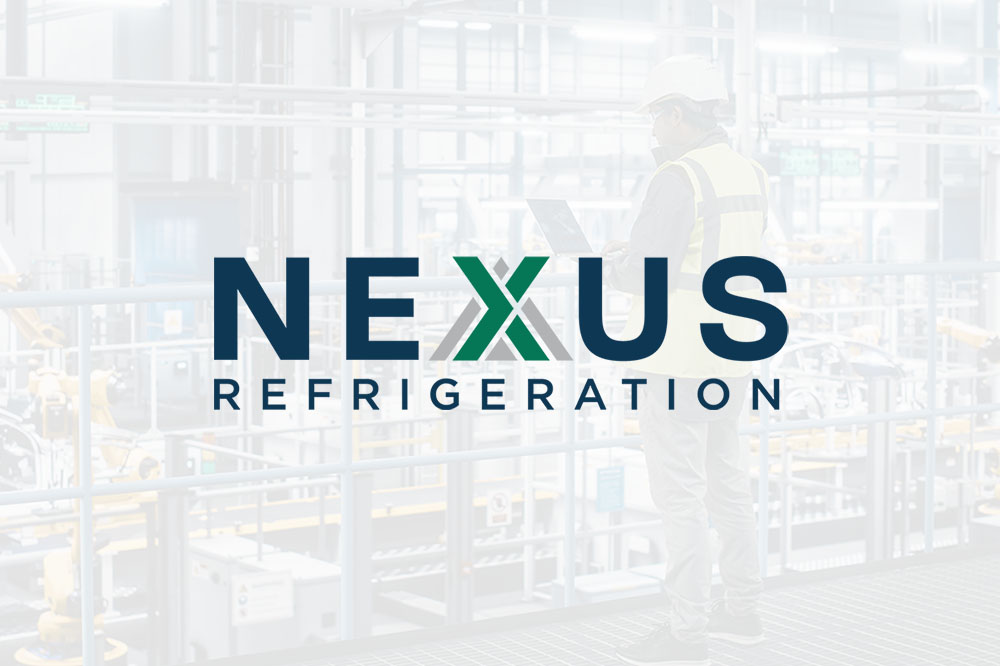Wait List Signup
We are excited to be releasing this new course soon. Sign up below and we will send you an email when it is up and running.

Daily rounds are the frontline defense against problems in industrial refrigeration systems. This Daily Rounds course emphasizes the importance of these routine inspections and equips you with the knowledge and skills to conduct thorough and effective inspections. You’ll learn:
Purpose of Daily Rounds: Understand why daily rounds are crucial for identifying potential problems early, preventing major breakdowns, and ensuring regulatory compliance.
Frequency and Responsibility: Learn how often rounds should be conducted based on facility size and complexity, and who is responsible for performing them.
Consequences of Missed Inspections: Understand the risks associated with missed or infrequent inspections, including the potential for small problems to escalate into major issues and the impact on ammonia release calculations.
Effective Inspection Techniques: Learn how to conduct thorough inspections by using all your senses (sight, smell, hearing, touch) to identify abnormalities and potential problems.
Personal Protective Equipment (PPE): Understand the importance of wearing appropriate PPE during inspections and familiarize yourself with your facility’s PPE policy.
Daily Round Forms and Documentation: Learn how to use daily round forms effectively, the key information to capture during inspections, and the importance of accurate record-keeping.
Specific Inspection Points: Explore the various areas to inspect during daily rounds, including:
Continuous Improvement: Understand the importance of continuously improving daily round procedures and documentation to enhance safety and efficiency.
This course empowers you to conduct effective daily rounds, contributing to a safer, more reliable, and more efficient industrial refrigeration system. By mastering inspection techniques and understanding the importance of thorough documentation, you can play a crucial role in preventing problems and maintaining optimal system performance.
$85.00